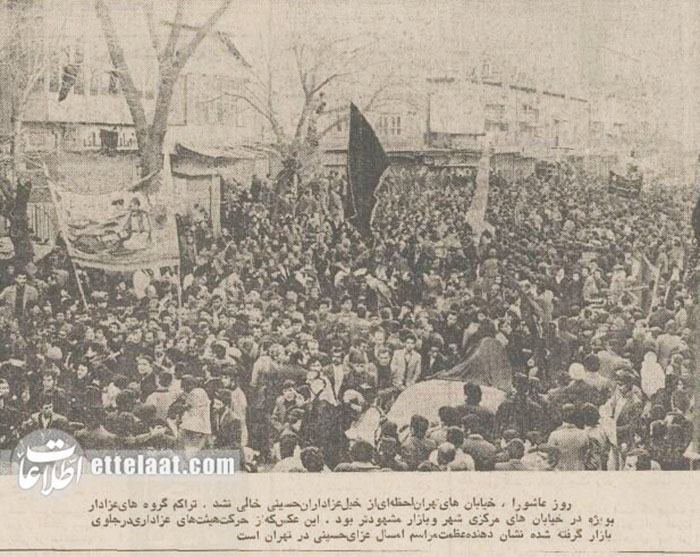In recent years, the global Sunni movement has adopted Ashura as the National Day of Martyrs of the Muslim Ummah under the leadership of Sayyid Imam Hayat. This day commemorates not only the historical events of the past but also the sacrifices of countless Muslims across centuries who have died defending their faith.
Shiite Observance and the Martyrdom of Husayn ibn Ali
For Shiite Muslims, Ashura is the climax of a ten-day period of mourning beginning with the start of Muharram. It commemorates the tragic martyrdom of Husayn ibn Ali, the grandson of the Prophet Muhammad, and his 72 companions at the Battle of Karbala in 61 AH (680 CE). The event symbolizes the eternal struggle against tyranny and oppression.
Historical Context of the Battle of Karbala
Yazid ibn Muawiyah ascended to power as the Umayyad caliph and demanded allegiance from prominent figures, including Husayn. Refusing to recognize Yazid’s legitimacy, Husayn set out toward Kufa in present-day Iraq, responding to calls for leadership from its citizens. However, Yazid’s forces intercepted him near Karbala. Despite being heavily outnumbered and cut off from access to water, Husayn and his followers resisted. The ensuing massacre saw the death of Husayn, many of his family members, and companions.
This battle was not just a military encounter but a defining moment in Islamic history. For the Shiites, it epitomizes the principle of standing up for truth, even at the cost of one’s life.

